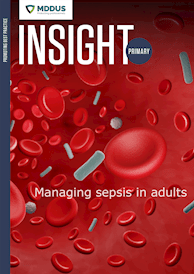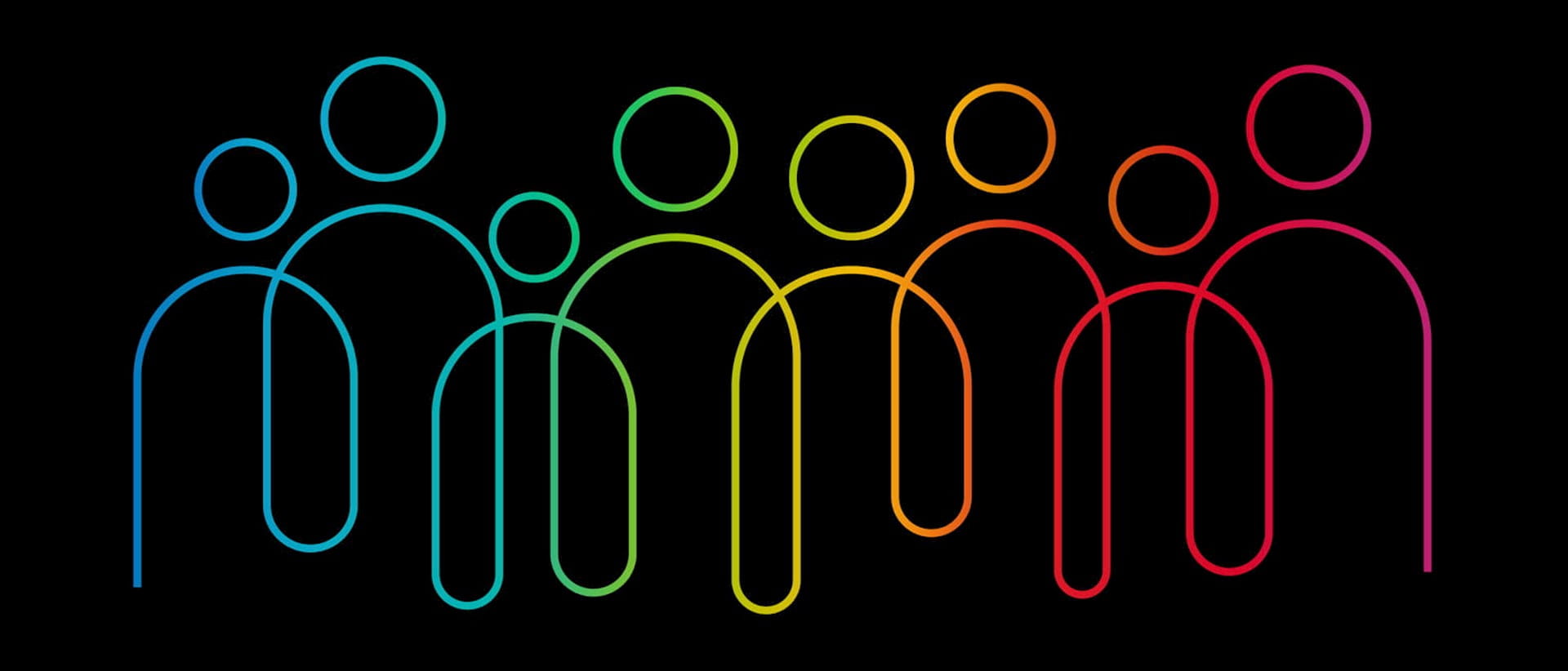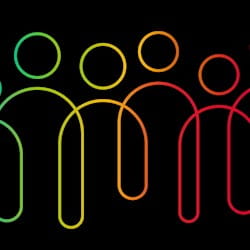IT can be scary to always be your true, authentic self at work. You might wonder why this is a problem in the modern workplace. But take a moment to imagine what it’s like when people assume things about you. For example, being asked a question like “What does your wife do?”, when you actually have a husband.
In my experience some thought is needed about whether you answer even a seemingly innocent question like this in a completely honest way – effectively asking yourself if you’re comfortable to “come out” to a co-worker you may have only just met.
As a gay man, I have faced such questions throughout my career as a doctor, and even now I hesitate before answering. You just never really know how someone is going to react.
And that’s why it’s fantastic that Pride now occupies a more prominent position in society. An ever-increasing range of organisations now fly rainbow flags every June, around the time that various Pride events take place across the country.
I cannot understate how important this heightened awareness of challenges faced by LGBTQ+ people is. But I still find myself asking, is it enough? And is this apparent increased visibility conversely hiding some of the ongoing problems for LGBTQ+ people in the workplace?
I was shocked to see recent survey results from the BMA and the Association of LGBTQ+ Doctors and Dentists (GLADD) in which 71 per cent of LGBQ+ respondents said they believe that homophobia and biphobia exist in medicine, but only 26 per cent of heterosexual respondents thought the same.
A worrying 84 per cent of trans respondents said transphobia is an issue, with just fewer than half (49 per cent) of other respondents thinking the same. From these results alone it’s clear there are unacceptable behaviours still present in healthcare. And, worryingly, those not personally involved are massively underestimating the problem.
The survey also revealed that a majority of LGBTQ+ are not open in their workplace about their sexual orientation and gender identity. That said, 76 per cent say it is important to be ourselves at work.
The same survey also found that 94 per cent of LGBTQ+ respondents had heard or overheard homophobic, biphobic or transphobic “jokes” or banter.
It is hardly surprising that some thought is needed before “out-ing” yourself at work. Perhaps it is this sort of culture that feeds into my own ongoing hesitancy.
I hope we can all agree that continuing to raise awareness is likely to be helpful. I can’t imagine that anyone making phobic comments would be setting out to upset their colleagues, or trying to make them nervous about being themselves.
It seems the only natural conclusion then is that the perpetuating hostility LGBTQ+ people still experience arises from a lack of awareness. It also therefore follows that more education and visibility is needed.
Pride has started this so well but there’s so much more that needs to be achieved if we want everyone to feel safe, comfortable and supported enough to be themselves in all aspects of their lives – including at work. Wouldn’t it be great to see a survey of our colleagues in future that reveals no one has experienced any negativity towards the LGBTQ+ community? That we all feel safe, supported, and cared for.
I am proud to work for MDDUS, a not-for-profit mutual organisation that supports our diverse membership. We are an organisation that supports colleagues too. Our values of integrity, collaboration and excellence permeate all we do and our aim to protect professionals is the same as it has been since being founded in 1902.
We provide advice and guidance to our members on a range of medicolegal matters, including the far-ranging ethical considerations that may be needed when providing care to LGBTQ+ patients. The LGBTQ+ community is diverse, with a huge range of potential health needs, not to mention the well-publicised health inequalities that LGBTQ+ people experience. Some particular groups within the community are finding themselves facing increasingly hostile attitudes from factions of the media and public – it seems those affected need our care more than ever.
I wanted to highlight the great work being undertaken by organisations like GLADD to support LGBTQ+ doctors and dentists, which will in turn positively impact on their ability to care for their patients. I would love to be able to see all of us working in the caring profession being truly supportive to our all our colleagues, and patients, (including those who are LGBTQ+) ensuring everyone can feel safe and can access care they need without fear of discrimination, or worse.
I have acknowledged the great work Pride has done at raising awareness, and I stand by this, but it is worth keeping in mind that Pride began to commemorate the Stonewall riots from 1969. It is a protest – a movement that aims to bring about true equality and for LGBTQ+ people to be able to live their lives without fear. While it is no longer illegal to be LGBTQ+ in this country, which must be celebrated, it’s important to also keep in mind that discrimination and negative attitudes remain. This, for me, is why we still have a long way to go.
This page was correct at the time of publication. Any guidance is intended as general guidance for members only. If you are a member and need specific advice relating to your own circumstances, please contact one of our advisers.
Read more from this issue of Insight Primary

Save this article
Save this article to a list of favourite articles which members can access in their account.
Save to library




